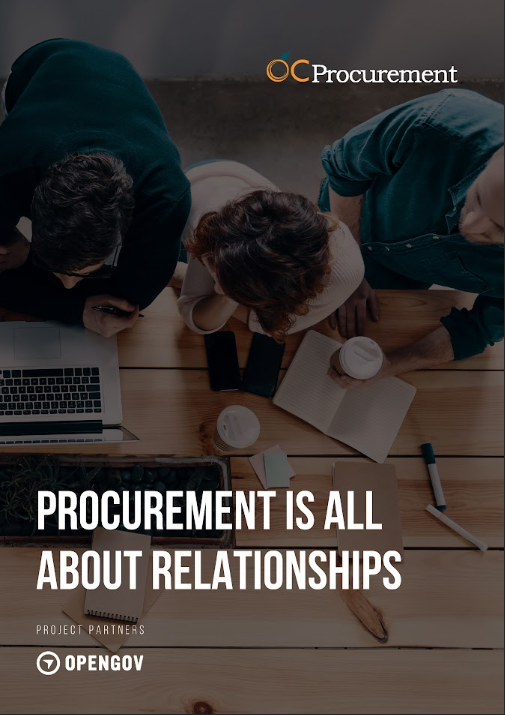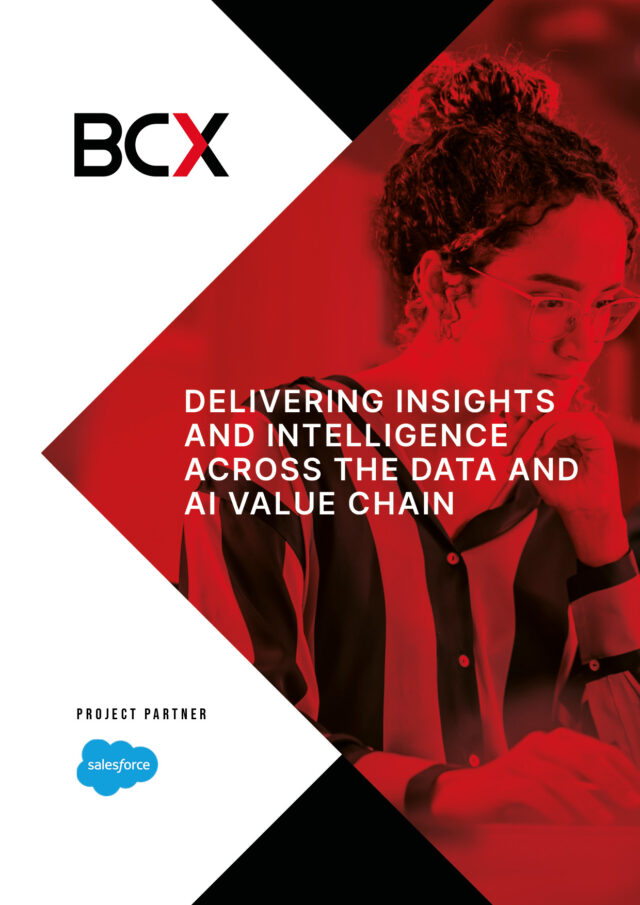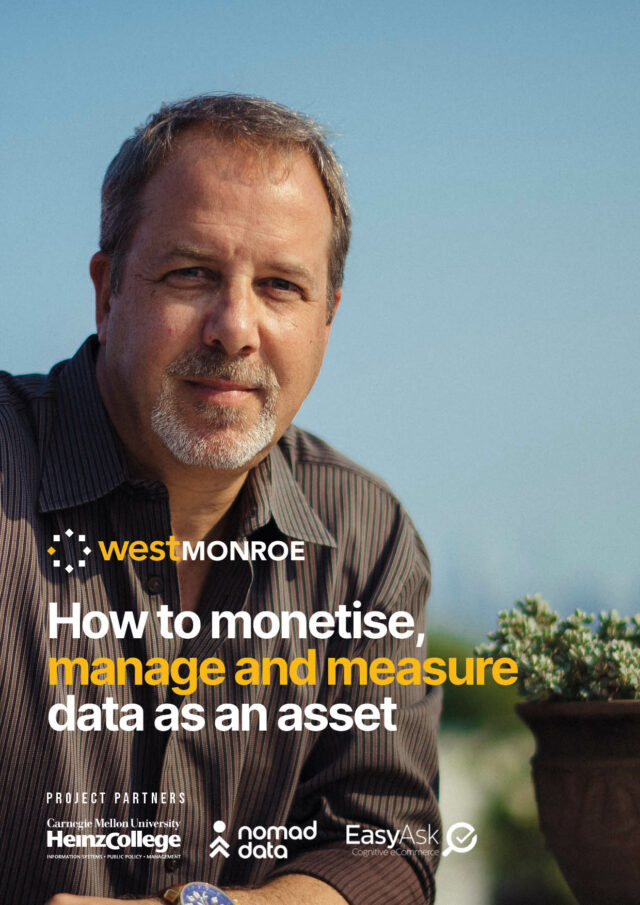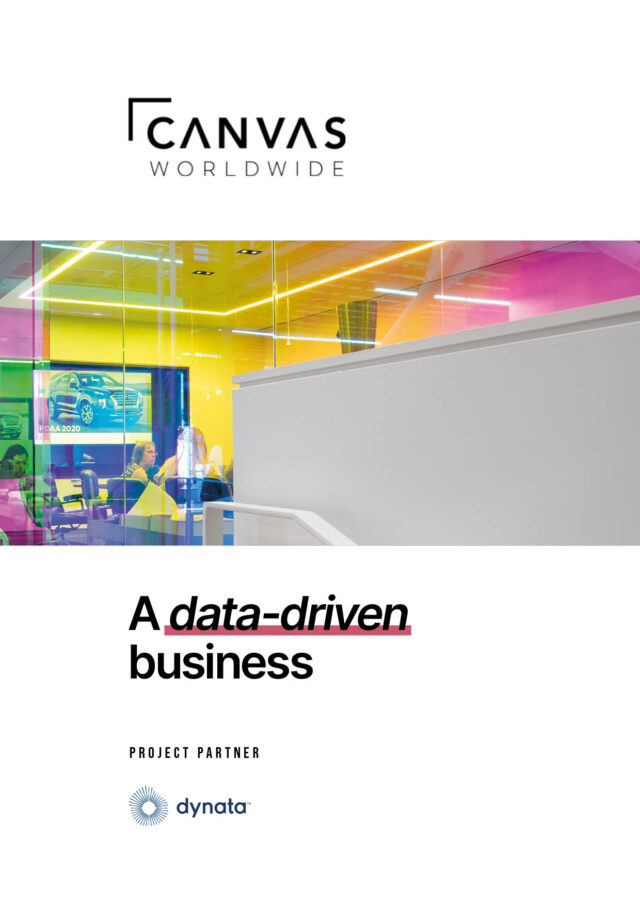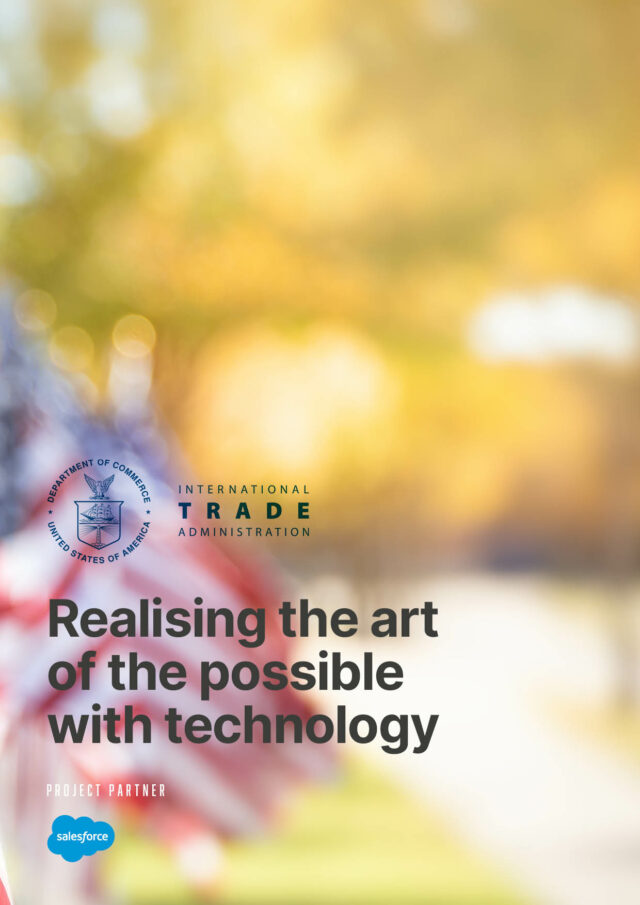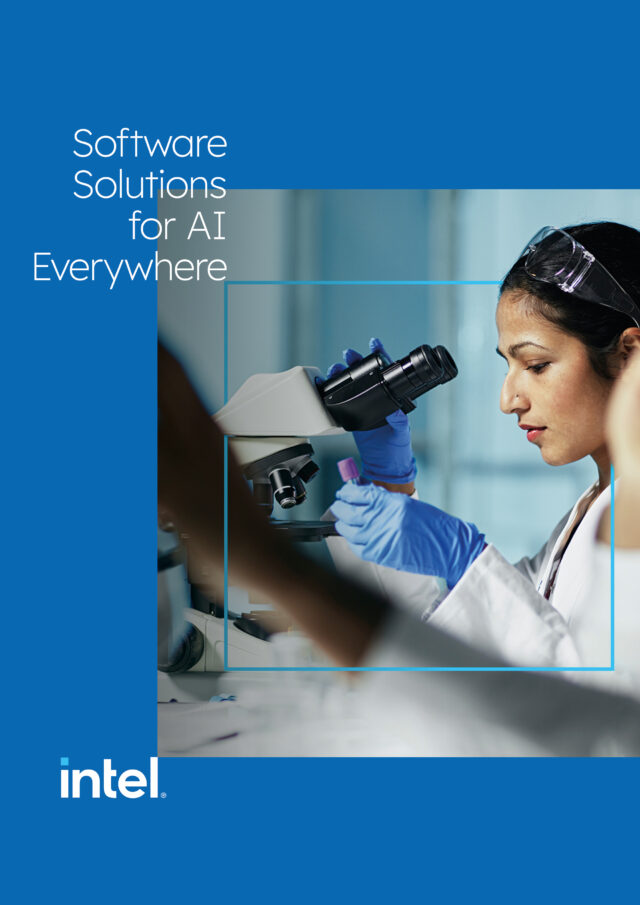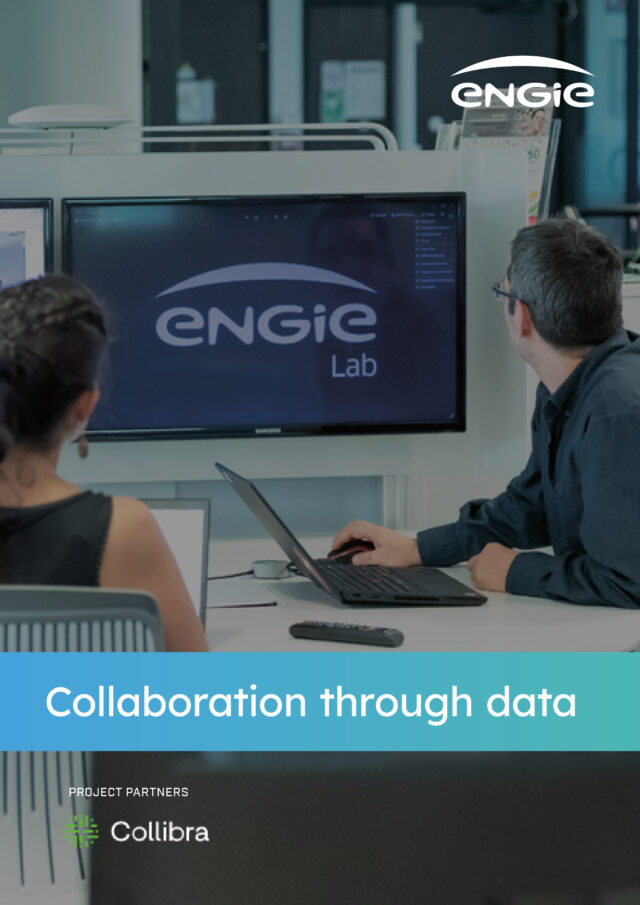UnionBank of the Philippines (UnionBank) is drawing on 40 years of experience to embrace the future of banking and is committed to be the Philippines’ leading digital bank to best serve the growing needs of Filipinos everywhere.
To meet this goal, Dr. David Hardoon, Senior Advisor for Data & AI, is driving a bank-wide strategy for the operationalisation of data and artificial intelligence. “We’re approaching this comprehensively from an end-to-end point of view,” he explains. “We’re analysing the governance side of data in terms of policy to make sure we’re holding ourselves with respect to the fiduciary responsibility we have to consumers – an extremely important dimension in this day and age. Especially when data and AI are being used more aggressively within organisations. Allied to this we’re looking at the development of our data infrastructure, architecture and usage, and the model development across different pillars within the organisation.”

UnionBank’s focus extends from mass market, financial inclusion to the more traditional retail, corporate and city side of the house. “One of the key aspects of my role is to make sure we don’t just talk about data and its operationalisation, which is the work of our development team, but also look at the innovation dimension,” says Dr. Hardoon. “We have a separate team that has the flexibility and the latitude to investigate what’s next… What is that new edge? There are truly endless possibilities with data, and we want to make sure we’re implementing, operationalising, deploying and benefiting our customers wherever we can. It’s why we’re continuously preparing for the next stage.”
Sustainable data culture
In order to develop a sustainable data culture for both the bank and its customers, where data is everyone’s equity, Dr. Hardoon believes a synchronised effort is required to fully realise its benefits. “Critically, you need to have the technological enablement to run, build and deploy with your infrastructure,” he notes. “Secondly, data competency is a given – an understanding of what’s possible and how to build these types of Machine Learning solutions. It’s a combination of the math, or computer science, with the technology side of the business uniting towards a solution driven by a third key ingredient, the capabilities of everyone in the organisation.”
Dr. Hardoon points out the misnomer that simply gathering together a group of smart data scientists will get the job done. “It’s extremely important that the possibilities, outcomes, and even how to quantify a problem and the questions it raises, need to be addressed by everyone in the organisation. With the concurrency of these three (infrastructure, data competency and organisational capability) working continuously across the business elevating awareness and supporting training, we can write solutions, leverage technologies and, most importantly, demonstrate a rapid agile approach with the outcome.”
Digital Transformation
Dr. Hardoon is a seasoned advisor on the application of AI honed during a 15-year association with University College London as a Senior Research Associate. “I come from the world of research,” he asserts. “Though however much I love research I always liked to see ideas and concepts being actualised. Ultimately, it isn’t just about mathematics and the signs but their contextualisation… How can a business use this information and, more importantly, what is the issue we’re really trying to address?”
Since that epiphany, Dr. Hardoon has been continuously focused on bridging the gap between the science, and the possibilities emanating from it, towards actualisation and operationalisation in a business context. “Otherwise, it’s just research,” he adds. “In a business setting it’s not about being the smartest person in the room, it’s about delivering revenue enhancement, cost reduction, risk management and operational efficiency.” He believes a process of true digital transformation is not simply about data science or technology but being able to understand what a business is trying to achieve.
Inclusive prosperity
By capitalising on digital assets, UnionBank is aiming to achieve its core goal of promoting inclusive prosperity across the Philippines by addressing the under-banked and underserved segments of its population. “During the last five years we’ve been growing our digital competency and tenets of engagement,” says Dr. Hardoon who is keen to embrace change as the key. “For example, by the end of 2022 we’ll be cloud only.”
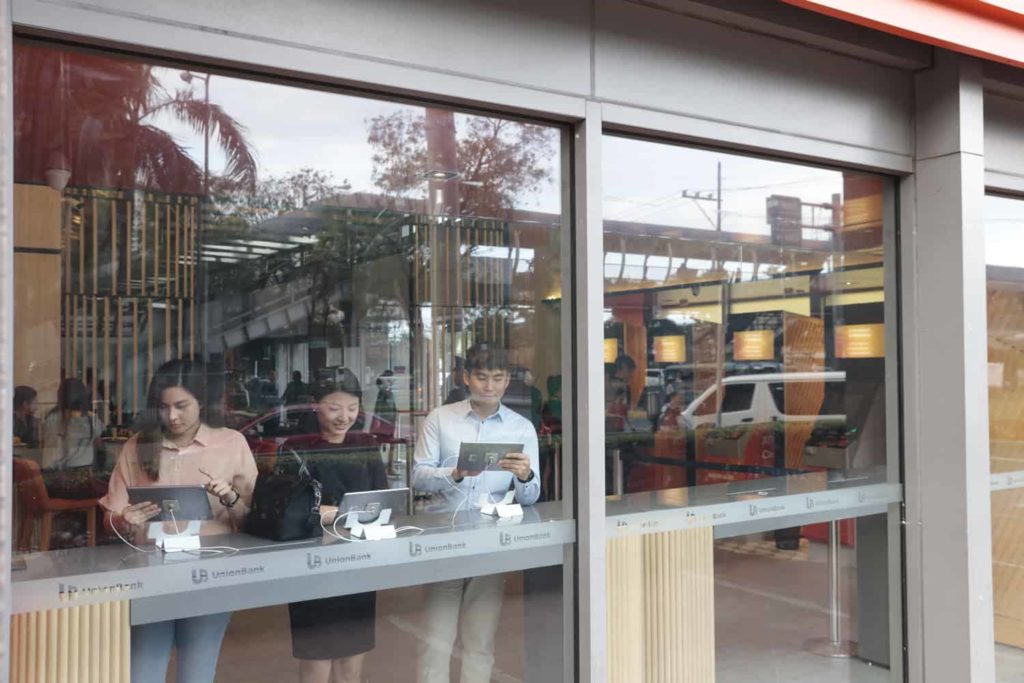
Reckoning the definition of insanity to be doing the same thing and expecting different outcomes, Dr. Hardoon’s team are keen to find lasting solutions to the challenge of financial inclusion and the unbanked. “We need to use new financial metrics and approaches,” he says. “We’re leveraging data to better understand our customers and the underserved. People don’t wake up in the morning just wanting a credit card or a loan, there’s a reason. You’re getting married, planning for your future, growing a business…
“There’s data behind each customer decision. Data science is a genuine, almost once in a lifetime opportunity to put financial services back to enabling modes of life, just like they used to be. Once upon a time, you’d walk into your local bank branch to get the help you needed, that financial service. Today, with data, it’s possible to do this at scale without sacrificing the level of experience financial institutions require. It can fundamentally change that whole relationship and the way we engage with financial services to make the experience more delightful.”
Meeting the data challenge with AI
Institutions are collecting vast amounts of data for financial and regulatory reporting but, asks Dr. Hardoon, are they making the most of its potential? “It’s a complex process,” he concedes. “Because at the same time you need to maintain the kind of customer service your business aspires to. You can hire an army of relationship managers, you can build more branches, but there’s a certain stage where it just can’t be met. Data can start providing that feasibility where you can have that growth and personalisation with a specificity of care without relinquishing the customer experience via augmenting it with data techniques. The challenge is to do that with legacy systems that may not be optimised for the collection of data.”
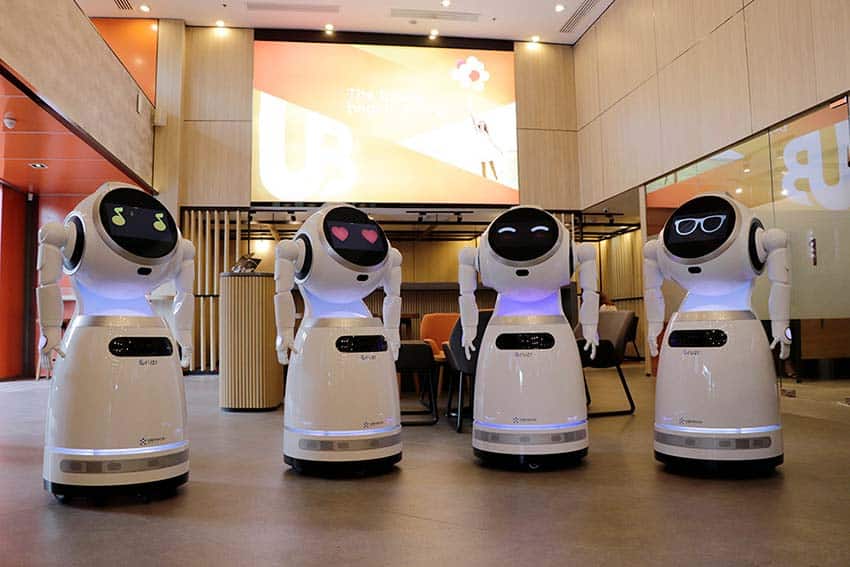
By contrast, the neobanks and digital banks have the luxury of starting afresh… “Existing banks that have digitalised themselves, like UnionBank, had to go through that process of saying, ‘Okay… We need to fix. We need to incorporate. We need to augment. We need to build.’ It takes time, but I can tell you from a position of confidence that we now have a working AI factory in place,” reveals Dr. Hardoon. “We can deploy AI models that help our relationship managers and customers to have tailored and personalised service results sitting on top of microservices and APIs. The ability to productionalise these AI-based solutions, and build and deploy them from a factory-like environment, means we can access the data and have quality controls. It’s these layers, like the formation of lego bricks, that are critical.”
Security and Privacy
Upholding the fiduciary responsibility financial institutions have to their customers with privacy and governance is close to Dr. Hardoon’s heart. “There’s a misconception that we need to sacrifice levels of privacy and governance in order to innovate,” he observes. “It’s like a see-saw… But I wholeheartedly disagree. I believe it’s possible to have stringent high-level policies for security in place that can allow innovation to flourish; innovation embedded with security. That balance can be achieved.”
Dr. Hardoon highlights that if we simplify data science, Machine Learning and AI, it’s about finding patterns. “These patterns can be leveraged for insights in the financial sector. When we examine irregularities, fraud, money laundering, risk, it’s about understanding patterns. Just as we’re able to build a model that is going to be hyper-personalised and provide a service, equally we can build a model that’s hyper-personalised to how it transacts… If a particular transaction doesn’t look right, we can alert you. That’s one of the key metrics we’re deploying to build with and explore our use of data.”
Dr. Hardoon points out that when a house is sold the seller may find their bank account is frozen yet this is not an irregularity. “An irregularity is something that just doesn’t fit. Identifying it and knowing that you have that level of governance and security to protect you can be done. I’m a massive advocate of data science and equally a massive advocate for privacy. If data is leveraged correctly we can achieve both with consent – it’s the package of these aspects that need to come together.”
Solutions
Dr. Hardoon recalls the way the lockdown during the pandemic triggered a shift for retailers to move online and for others to supplement their income selling products and services. “Traditionally you would interact with a bank and be seen as a retail customer, but by using data, we’re able to look at you in terms of how you’re actually transacting and offer loans and services relevant to those taking their business online. It’s about taking proactive measures to understand and enable customers.”
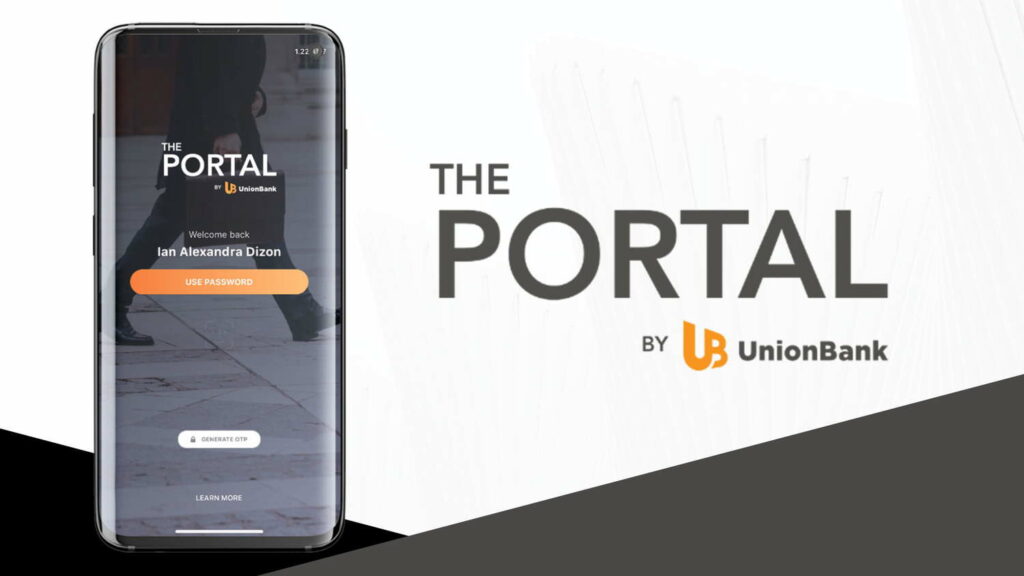
AI solutions, such as alternative scoring models and cross-selling solutions, deployed on SeekCap of UBX, UnionBank’s fintech spin-off and investment hub, allow for the matchmaking of services with SMEs and micro businesses who previously may not have been successful in securing financial support via traditional credit checks which were less comprehensive. “When we’re addressing the need for financial inclusion this approach leaves no stone unturned,” adds Dr. Hardoon. “Securely accessing credit lines is now something we can scale up.”
Change Management
“It’s a constant struggle. But you know something, it’s a good struggle to have,” reasons Dr. Hardoon when considering UnionBank’s approach to change management. “On the one hand, you want to maximise the assets that you’ve already invested in. But, on the other hand, you want to disrupt yourselves. Actually, when it comes to data science, it’s a process of continuous disruption – build, pivot, change. We’re always examining the possibilities with exploration and experimentation that lead to proof of concept.”
Dr. Hardoon believes in the importance of a design principle in architecture – if you design with scalability and modularity inherent, then even if you need to change something, it’s a plug and play approach. “This addresses the problem with traditional legacy design where if you want to change the light bulb, you have to destroy the building and start again. With plug and play we want to incorporate an existing, eclectic array of tools. This is part of the allure of the cloud, to be transparent and add that dimension of flexibility without worrying about the nitty-gritty of infrastructure that previously you may have had to manage on your own.”
Transformation in a COVID-19 world
“We all wish we could have skipped the impact of COVID-19 but it has demonstrated that the investment in digitalisation has paid off,” reasons Dr. Hardoon. “It’s not just paid off for us as a bank, it’s paid off for our existing and new customers. Because we invested in the cloud and digital onboarding, nothing stopped. In fact, the ability to onboard accelerated because of remote digital processes. Where once people had resisted, lockdown restrictions allowed them to discover that going digital was easier than they thought. It was an eye opener that this digital stuff actually works and it’s secure – a phenomenal opportunity for customers on our digital channels to have access to new services.”
Facing up to challenges during a period of global uncertainty has allowed Dr. Hardoon’s team to make UnionBank a more resilient and agile business for the future. “It’s really highlighted the importance of flexibility and forming multi-disciplinary teams from across the organisation to come together as a hit squad to solve a problem. Our transformation has seen us become a tech company to a certain degree. There’s now an expectation that things can be done at a much more rapid pace. Having that framework and human architecture in terms of how to address issues across multiple disciplines focused on a common goal, wherever they are located, has proved the validity of an agile approach. In fact, now it’s gone to the next level with DevSecOps to deliver continuous improvement. Banking is a complex regulatory environment but we’ve demonstrated anything is possible.”
Leveraging the art of data science…
Dr. Hardoon believes data is as much an art as it is a science. “Without the art it’s almost certain to fail,” he maintains. “It’s not about technology, math or algorithms… Yes, they’re wonderful enablers and engines of change but it’s not just about that. It’s about how we engage you as a person, how we engage employees as individuals. That’s an art because there’s a human element to it. There’s a process dimension too; AI, isn’t actually artificial intelligence, it’s augmented intelligence. To bring them together, the machine and the person, the only way to do that is through data arts, the science and the arts together.”

